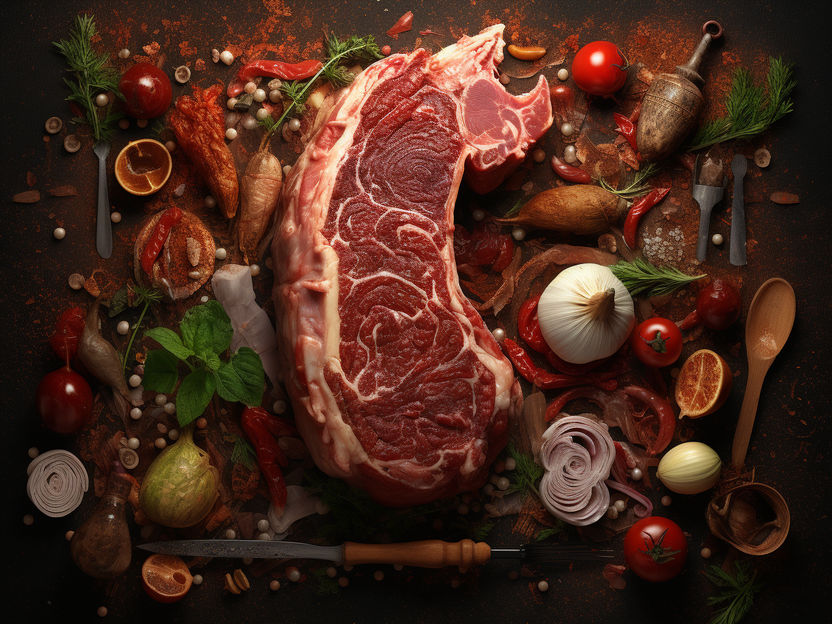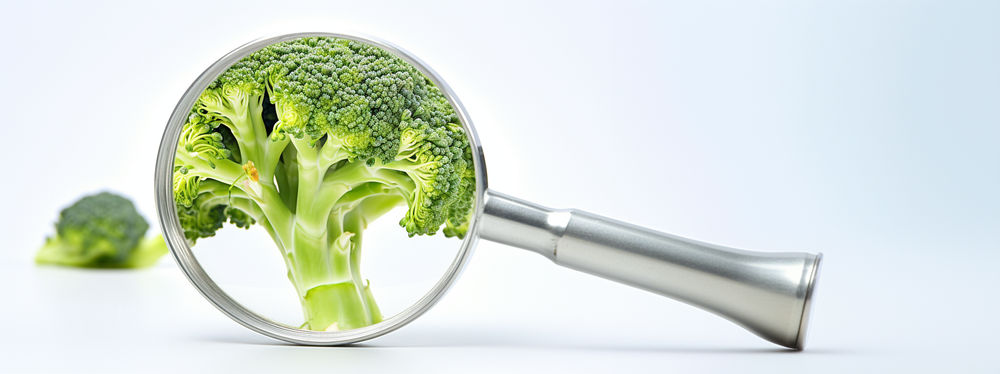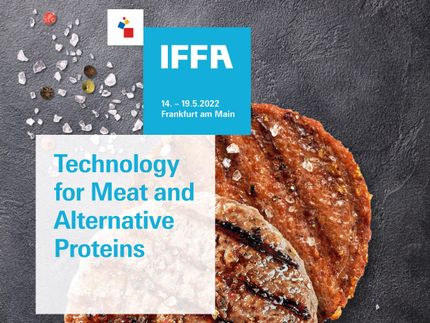Advancing food safety
Natural alternatives for meat preservation
Advertisement
In a study published in the journal food quality and Safety on 19 October 2023, researchers from Zhejiang A&F University and Zhejiang University conclude that natural preservatives offer a viable alternative to synthetic chemicals in meat preservation. These natural compounds, including phages and their endolysins, bacteriocins, and plant-derived substances, demonstrate significant potential in mitigating pathogenic bacteria in meat products. However, the transition from laboratory research to industrial application requires overcoming several challenges, such as ensuring efficacy, stability, and safety in diverse food matrices.

symbolic picture
computer generated picture
In this study, researchers conducted a detailed exploration of various natural preservatives, assessing their potential for application in the meat industry. The focus was on a diverse range of substances, such as phages and their endolysins, bacteriocins, microbial lipopeptides, plant-derived antimicrobial peptides, and essential oils or plant extracts. The research highlighted the need for streamlined methodologies and clear guidelines to transition these natural preservatives from the lab to industrial use effectively. The study makes a strong case for these natural alternatives to synthetic chemicals in meat preservation, particularly emphasizing the targeted efficacy of bacteriophages (phages) and their endolysins against specific bacterial pathogens like Salmonella and E. coli. It also delves into the potential of bacteriocins, which are antibacterial peptides produced by bacteria, noting the requirement for genetic engineering to enhance their effectiveness. Furthermore, the study acknowledges the antimicrobial capabilities of plant extracts and essential oils, while pointing out the challenges they face in practical applications. Lipopeptides, particularly those from Bacillus species, are also highlighted for their unique structure and antimicrobial activity. In conclusion, the study posits that while these natural compounds demonstrate significant potential in reducing pathogenic bacteria in meat products, their successful transition to widespread industrial use hinges on overcoming challenges related to their efficacy, stability, and safety in various food contexts.
The study underscores the potential of natural preservatives as alternatives to synthetic chemicals in meat preservation, highlighting their effectiveness against pathogenic bacteria. This research marks a significant step towards safer and more natural meat preservation methods.
Original publication
Other news from the department science
Most read news
More news from our other portals
See the theme worlds for related content
Topic world Food safety
Food safety is at the heart of the food and beverage industry. It ensures that the food we eat every day is not only nutritious, but also free of harmful contaminants. From field to plate, the industry monitors and regulates every step of the process with strict quality controls, advanced testing methods and continuous research.

Topic world Food safety
Food safety is at the heart of the food and beverage industry. It ensures that the food we eat every day is not only nutritious, but also free of harmful contaminants. From field to plate, the industry monitors and regulates every step of the process with strict quality controls, advanced testing methods and continuous research.




























































